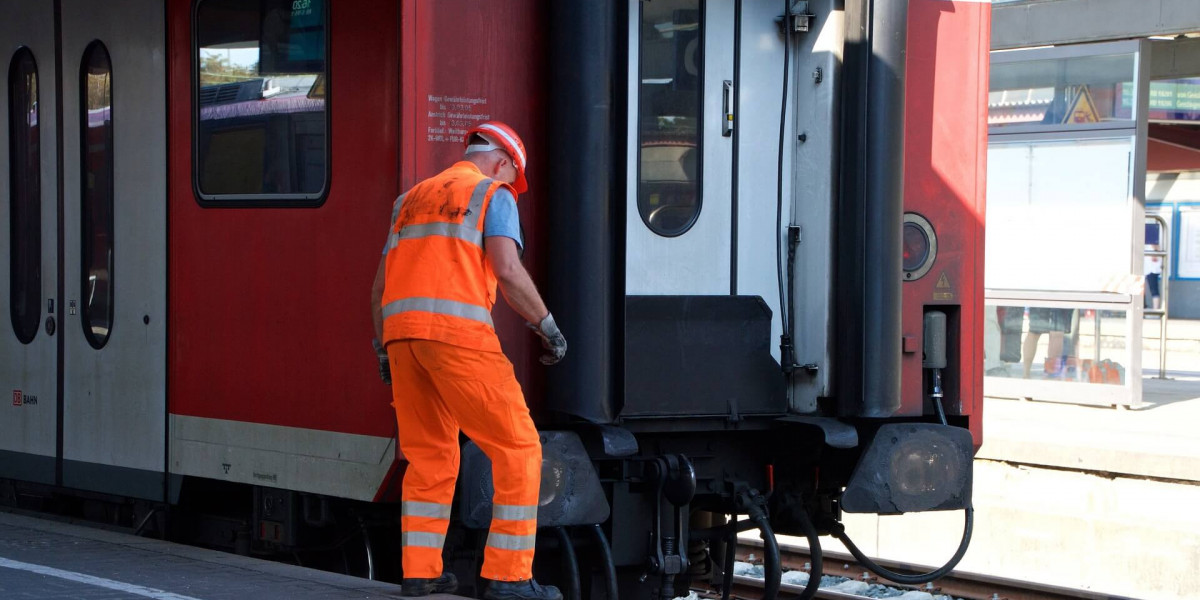The coffee machine market is undergoing a technological revolution as smart features and Internet of Things (IoT) integration reshape consumer experiences and product functionalities. As homes and commercial spaces become increasingly connected, coffee machines are evolving beyond basic appliances into intelligent brewing systems that offer personalization, convenience, and efficiency. This article explores how smart technology and IoT are influencing the coffee machine market, driving innovation, consumer engagement, and competitive differentiation.
1. The Rise of Smart Coffee Machines
Smart coffee machines are designed to connect with users through mobile apps, Wi-Fi, Bluetooth, and cloud-based systems. These devices offer features such as:
Remote operation via smartphones or voice assistants
Customizable brewing profiles for individual preferences
Automatic scheduling and timer settings
Maintenance alerts and diagnostics
Integration with smart home ecosystems
This shift reflects a broader trend of appliance digitization, where functionality, data, and user control converge to enhance everyday tasks.
2. IoT Integration: Enhancing Functionality and Connectivity
IoT-enabled coffee machines are embedded with sensors and microprocessors that collect and transmit data for real-time monitoring and performance optimization. Key benefits include:
a. Predictive Maintenance
Machines can detect issues such as scale build-up, low water levels, or worn-out components and alert users or service providers before a breakdown occurs. This reduces downtime and extends product life.
b. Inventory Management
Smart machines in offices or commercial settings can track coffee bean or pod usage, automatically reorder supplies, and manage stock levels efficiently.
c. Usage Analytics
Manufacturers can gather anonymous user data on usage frequency, drink preferences, and maintenance patterns to improve product development and customer service.
d. Energy Efficiency
IoT systems enable energy-saving modes that automatically turn off machines when not in use or optimize power consumption based on usage history.
3. Consumer Benefits and Adoption Drivers
Smart coffee machines offer a host of advantages to consumers, contributing to their growing popularity:
Convenience: Brewing coffee from bed or while commuting becomes possible with remote access.
Personalization: Users can save preferred drink recipes, strength, temperature, and milk options.
Ease of use: Intuitive app interfaces guide users through setup, cleaning, and troubleshooting.
Integration: Compatibility with Alexa, Google Assistant, and Apple HomeKit allows voice-command brewing.
As digital literacy and smart home adoption increase globally, more households and businesses are embracing intelligent coffee systems.
4. Commercial Sector Transformation
In cafes, restaurants, and corporate offices, smart coffee machines are transforming operations:
Automated service: Touchless and programmable systems reduce the need for skilled baristas in fast-paced environments.
Consistency and quality control: IoT enables precise control over brewing parameters for consistent taste.
Customer experience: Digital interfaces allow users to select beverages from menus, pay electronically, and receive loyalty points.
Smart technology is helping businesses reduce labor costs, improve service speed, and enhance user satisfaction.
5. Challenges and Considerations
While smart and IoT-enabled coffee machines offer many advantages, the market also faces certain challenges:
High Initial Cost: Smart coffee machines are often more expensive than traditional models, limiting accessibility in price-sensitive markets.
Data Privacy Concerns: As machines collect user data, manufacturers must ensure robust cybersecurity and compliance with privacy regulations.
Interoperability Issues: Ensuring compatibility across different smart home ecosystems and platforms remains a technical hurdle.
Complexity: Some users may find app setup or machine configuration too complex, especially among older demographics.
6. Market Opportunities and Future Outlook
The smart coffee machine segment is expected to grow significantly over the coming years, driven by:
Increasing urbanization and tech-savvy consumers
Demand for personalized and convenient brewing solutions
Rising disposable incomes and premium lifestyle trends
Expanding smart home infrastructure globally
Manufacturers are responding by investing in R&D, developing app ecosystems, and offering modular upgrades for existing machines. There’s also a growing opportunity in offering subscription-based services, where machines are bundled with maintenance support, software updates, and coffee delivery.
Conclusion
Smart technology and IoT integration are redefining the coffee machine market, turning brewing into a digitally empowered experience. From home kitchens to commercial spaces, connected coffee machines provide value through personalization, automation, and efficiency. As consumers become more reliant on smart devices in their daily routines, the demand for intelligent, app-enabled coffee machines is set to surge. To stay competitive, industry players must embrace this digital evolution, prioritizing user experience, innovation, and security in the next generation of coffee appliances.









